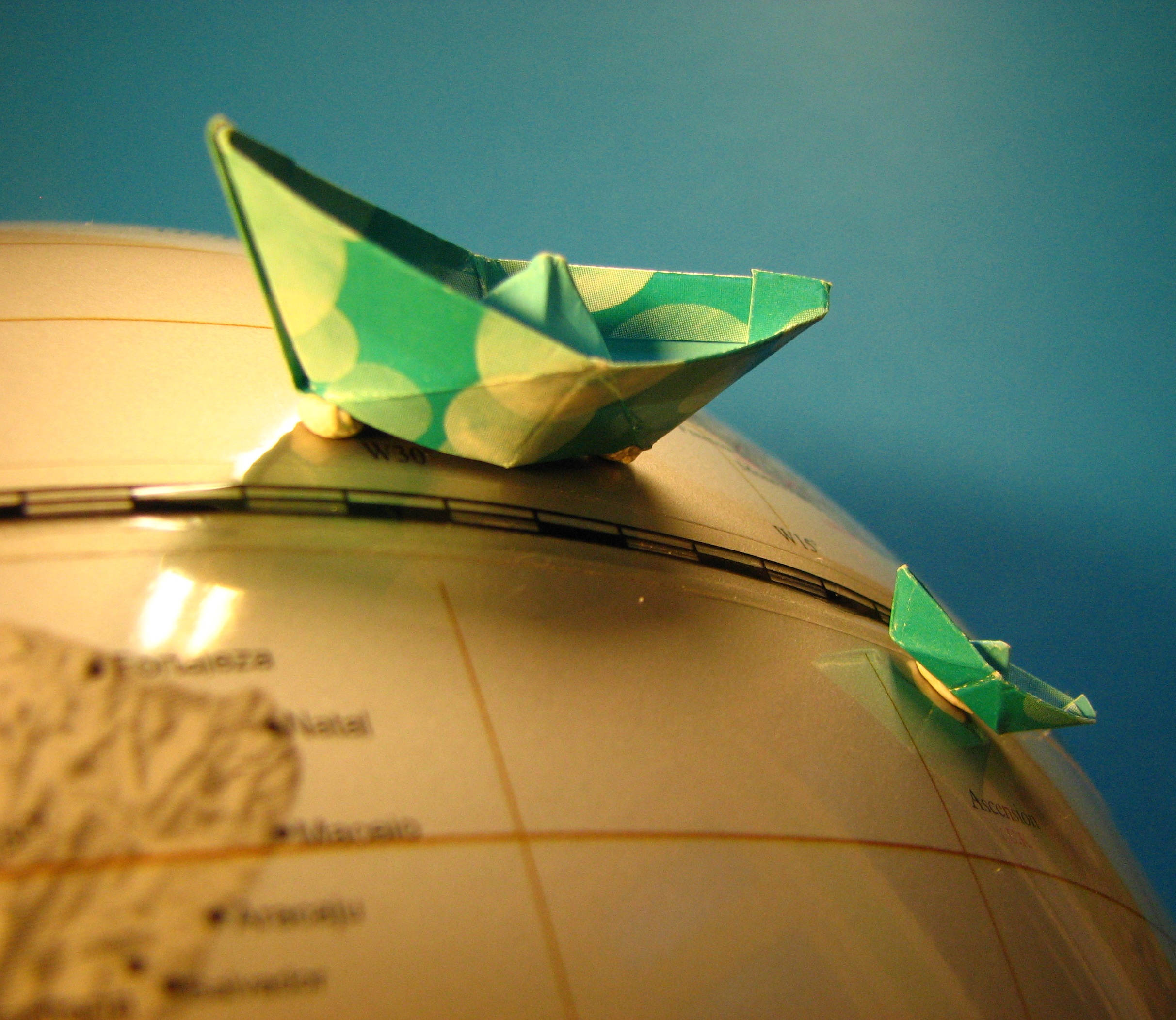The 12 Most Common Questions I Get About Traveling the World (Part I)
I’m no longer going to every country in the world (mission accomplished), but I’m still traveling at least 200,000 miles a year.
As such, I get a lot of questions over and over, both from people who want to travel far and wide and those who just want to learn a few things to make their lives easier.
This series of three posts provides some attempted As to the Qs.

- How did you get the idea to go everywhere?
I remember it very clearly: I was on a ferry from Hong Kong to Macau, during my first big independent trip after ending a four-year volunteer commitment in West Africa. I had two weeks until my graduate program started in Seattle, so I went to Asia.
On that trip I visited several countries, including Burma and Vietnam. I loved the rush I felt from crossing borders and arriving in a new setting.
I’d been working on my initial goal of visiting 100 countries for a while. But on that ferry, I suddenly started thinking about a much bigger goal: every country in the world, no exceptions.
The more I thought about it, the more it stayed with me. I still had my graduate program to complete (at that time I hadn’t even started!) but over the next year I continued to travel during breaks, as well as map out an initial 5-year plan that would begin on my 30th birthday just as I approached graduation.

- How would someone else get started?
This is an even better question!
Start with picking a place. It doesn’t much matter where; just pick somewhere. As a general idea, Latin America and Southeast Asia (broadly speaking) are great places to start if you’ve never traveled outside of a more westernized country.
Find a way to go somewhere—traveling is not the same as reading about traveling. Spend at least a week in a foreign country or region. Hotels are fine (I stay in hotels a lot these days), but if possible stay in a hostel or guesthouse at least part of the time. Take a walking tour—usually easy to find through a quick online search or by asking upon arrival—to learn more about the history and culture of the place.
After you’ve had an initial experience or two, you may want to get more serious about making travel part of your lifestyle. As soon as you’re back home (if not before…), start planning your next trip.
It’s also good to learn about logistics. Will you need a visa for your chosen country? Can you earn miles & points and use those to lower the cost and open new opportunities?

- Do you worry about safety?
I don’t “worry” about it but I do pay attention to it, just as I do in my hometown or pretty much anywhere. I take basic precautions. I don’t tell strangers where I’m staying or exactly what I’m doing in any particular place. I wear casual clothes. In many parts of the world, I can’t really “blend it” but I do always try to be respectful and polite.
Bad things can happen at home or abroad. Lots of good things can happen too, of course.
That said, there are a few countries I wouldn’t visit today, at least in the current world order. For example, during the initial quest my favorite country in the middle east was Syria. I have good memories of my visit to Damascus, traveling overland from Beirut and staying in a guesthouse in the heart of the old city. Unfortunately, such a thing is not advisable now.
Aside from a few situations like those, though, most of the world is perfectly safe.

- How do you pay for your trips?
Check the archives—I’ve been writing about this question since 2008. 🙂
Short version:
1. I choose to prioritize and invest in life experiences, including travel.
2. Travel hacking greatly helps to lower overall costs.
These two strategies work hand-in-hand. It’s kind of like the old axiom about having more money: to achieve that goal, you can either earn more or spend less.
For me, if I was forced to choose between travel and, well, just about any other “unnecessary” expense, I’d choose travel.
Secondly, as I’ve continued to learn about travel hacking, I’ve been able to earn more and more miles, and also put them to better use. It’s actually a lot easier for me now that I’m not trying to get to places like Tonga, Kyrgyzstan, and East Timor. Going to London or Bangkok is a piece of cake.

- How do you travel without speaking 20 languages?
You can travel to huge parts of the world without speaking any language other than English. Let me be clear: learning languages is great! And being respectful and not assuming that everyone else speaks English is critical.
Still, if you don’t speak a lot of languages, it needn’t keep you at home. You can usually find the help you need. I’ve been helped many times by strangers all over the world, often without any common language.
Besides, it’s fun to feel disoriented. That’s part of what’s interesting about travel. So yes, do practice your conjugated verbs, but don’t wait to buy plane tickets to your preferred destination.
***
Stay tuned for parts II and III!
###







